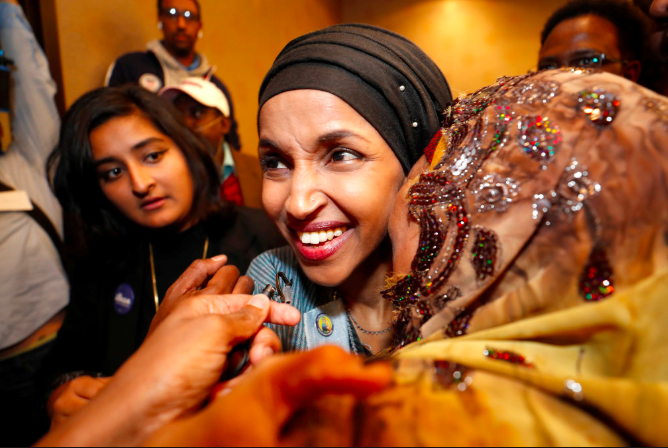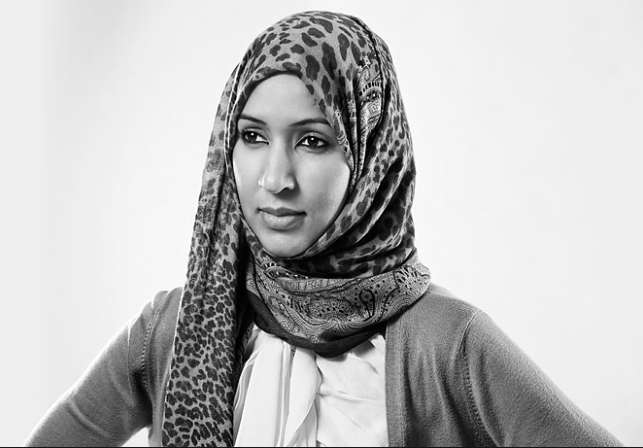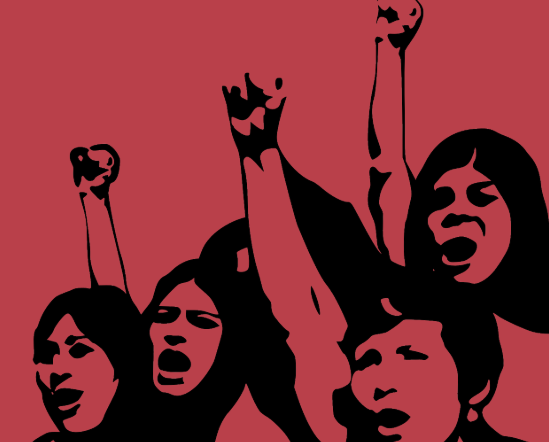Our list of women of exceptional talent, resilience, and courage – all defining 2018.
Nadia Murad
You may have heard of Nadia Murad over the past couple of years, a Yazidi human rights activist who in 2014, was captured and tortured (including being burned by cigerettes and raped) by ISIS in her hometown Kocho, Sinjar in northern Iraq.
Ever since gaining her freedom, she has resiliently advocated for the cause of the members of the Yazidi community, a minority group who reside in northern Iraq – who ISIS has targeted and systematically abuse. This year, her selfless efforts were recognised by being jointly awarded the Nobel Peace Prize.

We are incredibly moved and inspired by Nadia’s story and activism.
Congress Women

We have covered the incredible achievements of these women in our piece Making History.
Saudi women campaigning for the right to drive
In June this year, women in Saudi Arabia were finally (finally!) allowed to drive. This reform in Saudi Arabian society was a long time coming – particularly after the arrests of Saudi women who were jailed for defying the law banning women to drive. One of the prime advocates for this cause is Manal Al-Sharif, who in 2011 was arrested for driving in the country, and subsequently started to campaign for women’s rights in the region.

Another notable figure is Loujain al-Hathloul, who is still under arrest for campaigning for women’s rights in the country. More damningly, there are reports from Amnesty about alleged torture of Saudi women who campaign for the right of women to drive.
Olivette Otele

In 2018, Olivette Otele, a historian of French and British colonialism, became the first black female professor in the UK at Bath Spa University. Not only this is an incredible achievement, particularly for black women but also sheds light on the grave lack of diversity within higher levels of academia.
This year, a study undertaken by the Royal Historical Society, named Race, Ethnicity and Equality found that only 0.5% of historians working in UK universities are black. Further to this, only 20 professors in the UK are black. She hopes that her appointment to professorship will “open the door for many hard-working women, especially black women in academia”.
All of these women collectively demonstrate one thing – exceptional resilience and courage. Breaking barriers and paving way for other women of colour to take similar steps. And finally ,to never be afraid to disrupt the system, no matter how many scream back at you.
